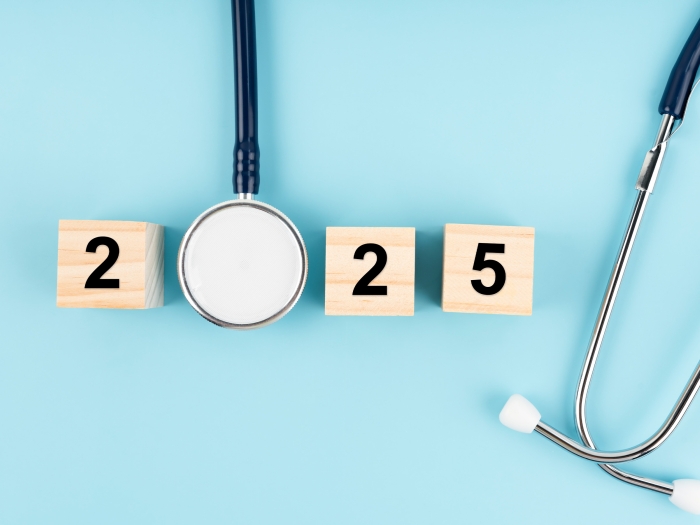I am sitting in an airport. I seem to be doing this a lot lately. Residency interview season is now in full swing; I'm in the middle of my scheduled interviews. Traveling around the country has been a lot of fun but is also rather tiring.
I actually started writing this post a week ago; I am sitting in an airport once again. Thankfully, this is my last one before I take a week off for Thanksgiving.
Lessons I have learned on the residency interview trail thus far: ⁃ TSA Pre-Check is amazing: I went through the approval process back in January and it was honestly some of the best money I have spent. It allows me to pass through security a bit faster, without having to remove my shoes or belt, leave my laptop and liquids inside my carry-on, and frankly just have an easier time with it. I ended up getting Global Entry, a program which allows expedited customs when entering the U.S. Global Entry costs $100 and automatically confers TSA Pre-Check, while TSA Pre-Check alone costs $85. ⁃ I am tired. Traveling across time zones is not an easy task, particularly in the evenings and early mornings. There have absolutely been times when I almost fell asleep standing up at the resident dinners because of this. My suggestion is to try to sleep whenever possible - on the plane if you can but definitely consider napping in between your arrival to the city and the resident dinner. On a similar vein, try not to schedule 6am flights, because they could entail waking up around 2-3am and I never thought I'd consider surgery hours as sleeping in. ⁃ Because of ACGME requirements, a lot of programs within the same specialty do similar things. Nevertheless, each program has its own flavor and definite vibe. Pay attention to this during the interview to see where you'd best fit in. ⁃ It's a lot of fun to meet all of the other applicants and residents at your programs, but you will not remember their names for the most part (at the moment, I'm struggling to remember what day of the week it is let alone any names). So, if you really connect with a resident, write down their info immediately so you can easily contact them later with questions. ⁃ Write down program info right after finishing the interview because everything is blurring together at this point. I try to write down some notes while waiting at the airport for my return flight to jog my memory later. Another option I've heard of is to speak into your phone and record a voice memo (that way, your thoughts are even more unscripted without the automatic censoring that occurs when your thoughts go faster than your fingers). ⁃ Similarly, write your thank-you notes as soon after the interview as possible. With 3-5 interviews at each program, the notes can pile up quickly and it's harder to remember what you actually discussed even the next day. ⁃ You will be fed, a lot and often. Honestly, it's a lot more food than I'm used to eating in a day, let alone multiple days per week. Interview suits tend to feel progressively tighter during the interview season so plan accordingly when choosing your outfit.
Despite the increasing fatigue, I am really enjoying the process. And, I'm getting a lot of time to work on my Christmas present for my grandmother - embroidering gingerbread houses to combine into a quilt. I'm certainly making good progress during all my layovers :) My mom came with me on this trip, so we both worked on our needlework while flying!


Department of Communication at Michigan Medicine
Want top health & research news weekly? Sign up for Health Lab’s newsletters today!





